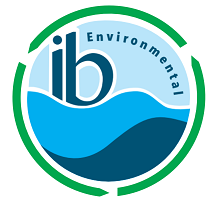Since there are not many academic publications addressing prepaid water service in the United States, we looked at some journal articles that discuss the practice in other countries. In early 2014, France, recognizing citizens right “to access drinking water under conditions that are economically acceptable to all,” introduced the Brottes Law which prohibits water service providers from shutting off any residential customer’s supply due to non-payment. Unlike the other utilities – gas and electricity – this restriction applies year-round, not only during the winter period, and applies to all consumers. While it offers some protection against economic discrimination, it does not cancel the consumer’s obligation to pay, thus allowing service providers to recover their debts by other means.
Read MoreThe City of Blakely in southwest Georgia has a population of a little over 5,000. It is a full-service city, in that it provides electricity, water/sewer, garbage and gas utilities to its citizens. Each month the City bills approximately 2,600 customer accounts. A few years ago, the City learned from a neighboring utility about the option to have a customer pay in advance for utility services, and have those services automatically shut off if there are no funds left in that customer’s account. Blakely first investigated the pre-paid utility option mainly for the electricity side of their services. However, they realized that it could conveniently incorporate all of the utility services the City provided. Could this option of pre-paying for utility services benefit their low-income customers and reduce shutoffs?
Read MorePrepaid metering has been around for a few decades now, but it comes in various forms depending on the location. The concept is similar to purchasing prepaid minutes for a cell phone or even fueling or charging a car. Customers pay for an allotted amount of a service in advance, depending on what they can afford or what they believe would supply them with enough service. Once paid, customers will immediately have access to said service… Many consumer advocate organizations, however, do not see prepaid metering systems as the best option for dealing with accessibility issues since this service is viewed as targeting vulnerable populations. So, that leaves one to question, can utilizing prepaid systems be an instrument to improve access and quality of water services to low-income communities, or does prepayment worsen access to water for low-income people? Can this be seen as an alternative to water shutoffs?
Read More


